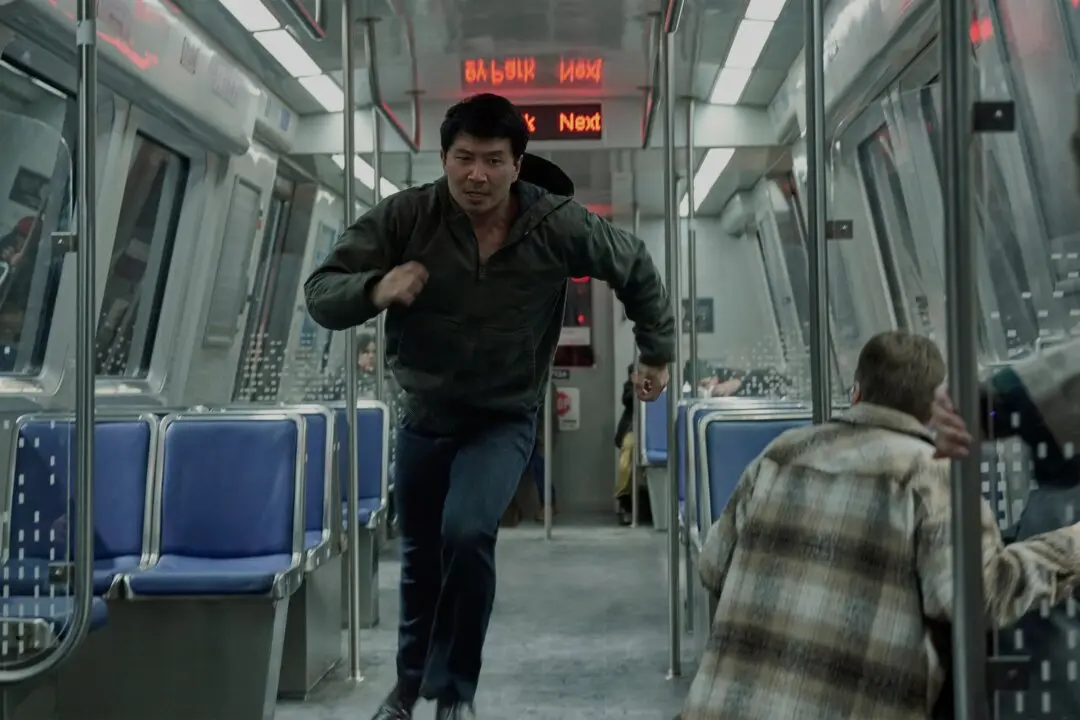NR | 1h 36min | Historical Drama | November, 2022
Cardinal Stefan Wszynski was a modest man, who was described in lofty terms. As the highest ranking bishop in Poland, he is known as “The Primate of the Millennium”: In 1966, he presided over the celebration for the 1,000-year anniversary of the founding of the Polish state and the baptism of the country’s leader to Catholicism.




